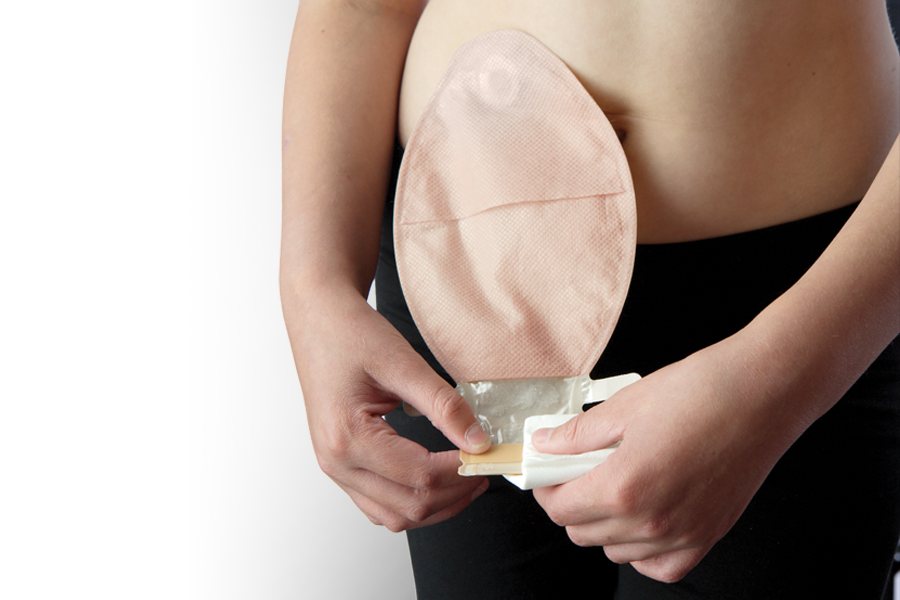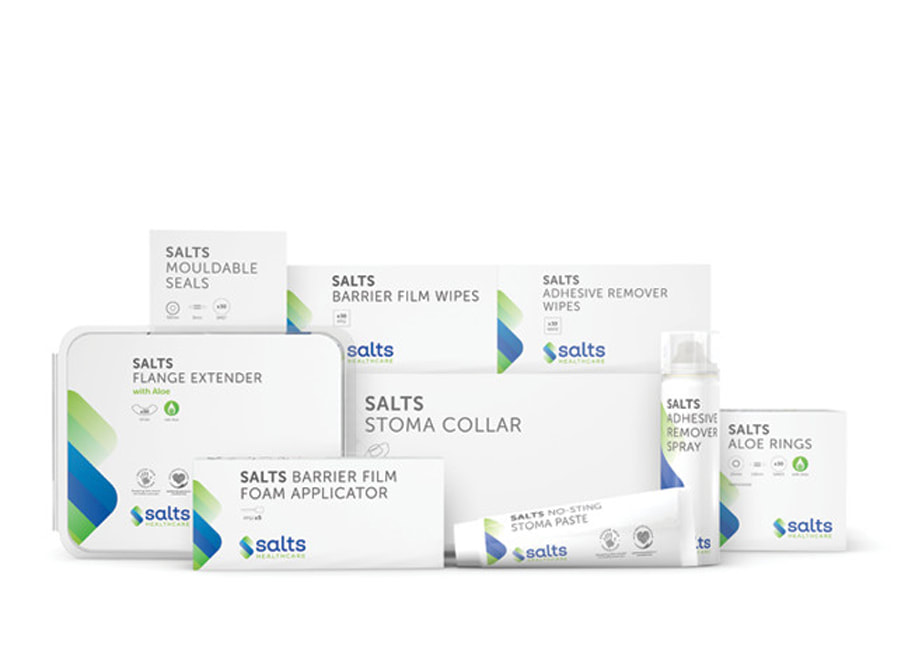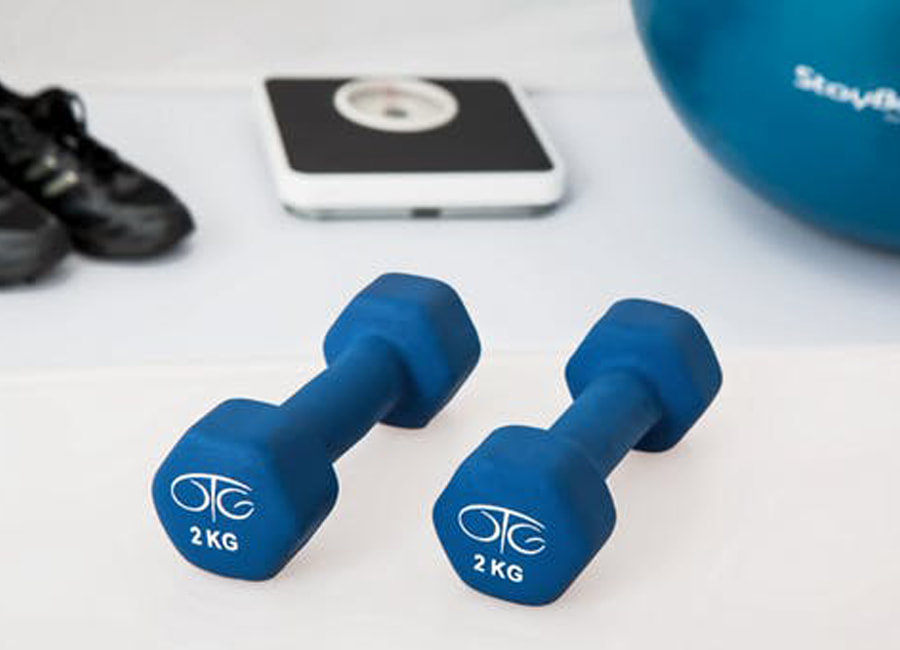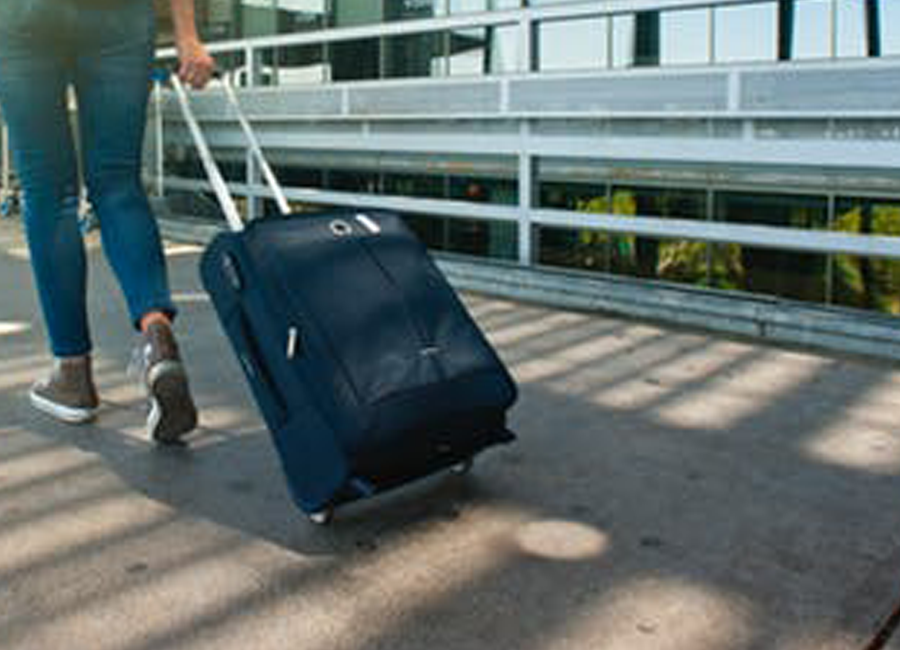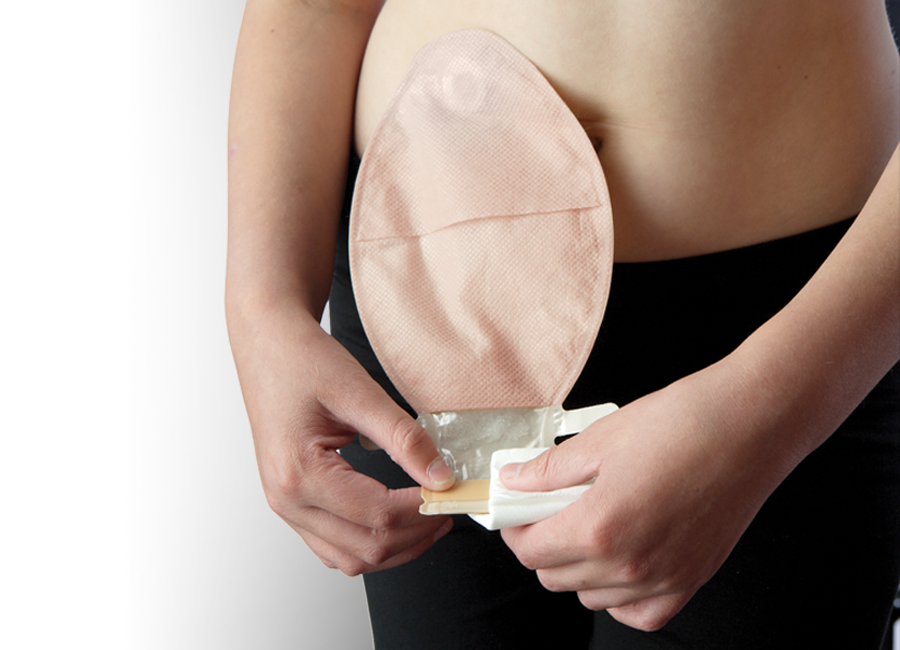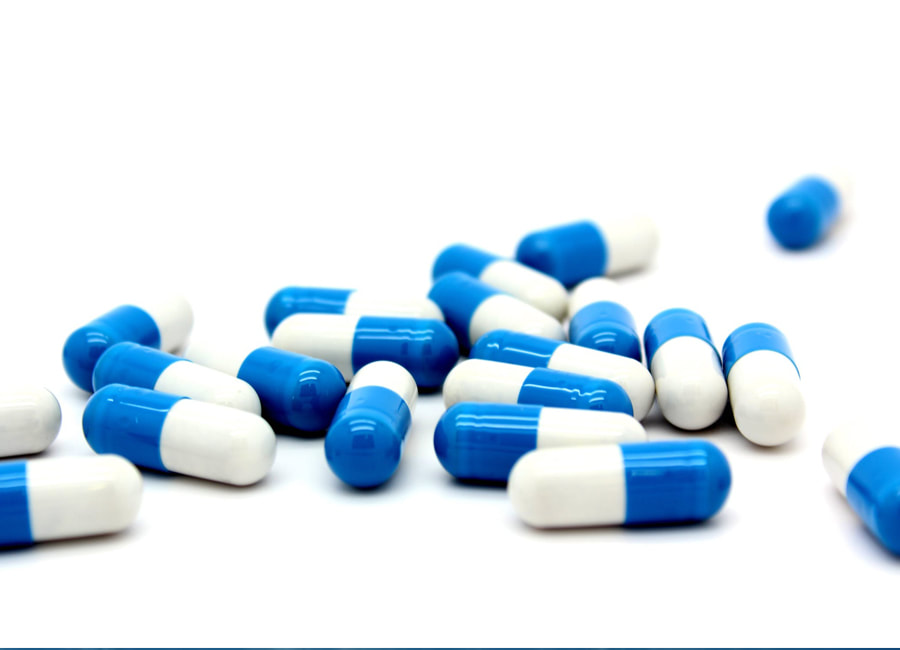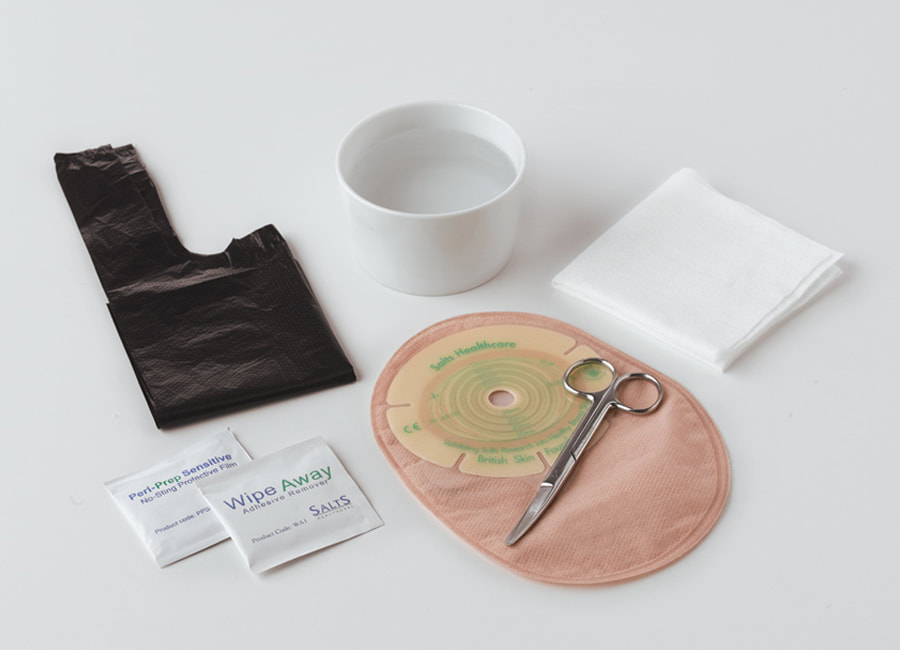Early days at home
When you are first discharged from hospital you will feel tired and find everyday task, such as having a shower, exhausting. This is normal and will improve over time. You should not need to stay in bed when you get home, but you will need plenty of rest, and should make time for a nap during the day.
You may experience some pain and discomfort initially whilst recovering from your surgery. This is a normal part of recovery and you may need to take regular pain relief. There is no need to suffer!
Avoid tight fitting clothing during this period as your abdomen may be sore and swollen.
It is normal to feel emotional after major surgery, so don’t worry if you have ‘down’ or ‘teary’ days to begin with. Talking to family and friends can be helpful – don’t feel you need to cope alone. Your Stomal Therapy Nurse is there to support you, and there are patient support groups who can help, too.
You may experience some pain and discomfort initially whilst recovering from your surgery. This is a normal part of recovery and you may need to take regular pain relief. There is no need to suffer!
Avoid tight fitting clothing during this period as your abdomen may be sore and swollen.
It is normal to feel emotional after major surgery, so don’t worry if you have ‘down’ or ‘teary’ days to begin with. Talking to family and friends can be helpful – don’t feel you need to cope alone. Your Stomal Therapy Nurse is there to support you, and there are patient support groups who can help, too.
Don’t be frightened to ask for help.
Changing your stoma bag will be slow at first, but with practice and as you gain confidence, this will become part of your normal daily routine.
|
Tips for early recovery
|
tips for ongoing recovery
|

